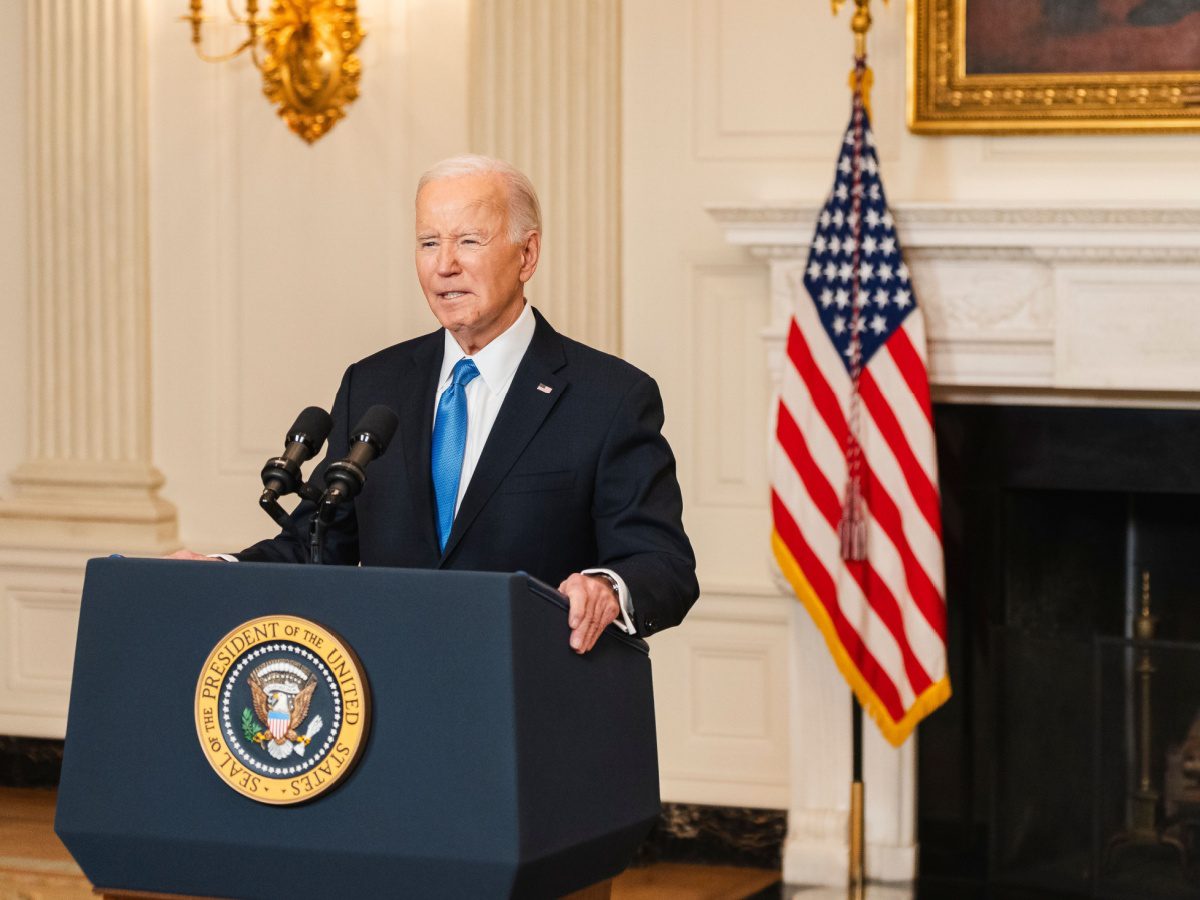
As Pres. Biden prepares to leave the White House in January, his departure marks the end of a remarkable political career. His journey from a young county council member to the presidency is a testament to his resilience, dedication, and enduring impact on American politics. His illustrious career in American politics spans over five decades, marked by significant legislative achievements, controversies, and a tenure that saw him ascend to the highest office in the land.
Biden’s journey began in 1970 when he won a seat on the New Castle County Council in Wilmington, Delaware, shortly after graduating from Syracuse Law School. At just 27 years old, he showcased his commitment to progressive values by advocating for more public housing, ultimately flipping the county’s 4th District seat from Republican control. In 1972, Biden set his sights on a higher office, challenging two-term incumbent Senator J. Caleb Boggs of Delaware. The youthful Biden, then 29, capitalized on the 33-year age difference between himself and the 62-year-old Boggs, winning the election by a slim margin of fewer than 3,000 votes. His victory made him one of the youngest senators in U.S. history.
Early in his Senate career, Biden made waves by aligning with segregationist Senator James Eastland to oppose busing as a means to desegregate public schools, a stance that later became a point of contention during his presidential campaigns. Biden quickly sought to establish himself as a national figure. He gained prominence by vocally criticizing President Richard Nixon during the Watergate scandal and taking President Gerald Ford to task for pardoning Nixon. His ambition and drive were evident as he worked tirelessly to carve out a reputation for himself in the upper echelons of American politics. As the longtime chairman of the Senate Judiciary Committee, Biden played a pivotal role in several high-profile and contentious hearings. In 1987, he controversially recommended that the Senate reject President Ronald Reagan’s Supreme Court nominee, Robert Bork, a move that cemented his influence but also drew significant backlash.
Biden’s handling of the 1991 confirmation hearings for Supreme Court nominee Clarence Thomas, where he presided over the intense scrutiny of Anita Hill’s allegations of sexual harassment against Thomas, remains a notable and often criticized part of his legacy. Throughout his Senate career, Biden’s legislative accomplishments were numerous. One of his significant contributions came in 1994 when he played a key role in crafting the Violent Crime Control and Law Enforcement Act, a comprehensive crime bill that has since been both lauded for its efforts to reduce crime and criticized for contributing to mass incarceration. Biden’s first presidential campaign in 1988 ended prematurely amid allegations of plagiarism, but he persevered, continuing to build his political credentials.
In 2008, Biden’s extensive experience and foreign policy expertise led then-Senator Barack Obama to select him as his running mate. Serving as Vice President from 2009 to 2017, Biden was instrumental in navigating numerous crises, including the Great Recession and the Osama bin Laden raid. In 2020, Biden successfully ran for president, defeating the incumbent, Donald Trump. His presidency focused on navigating the COVID-19 pandemic, restoring economic stability, and addressing deep-seated social issues.
However, his re-election campaign in 2024 faltered after a disastrous debate performance against Trump, leading to calls from the Democratic establishment for him to step aside.
